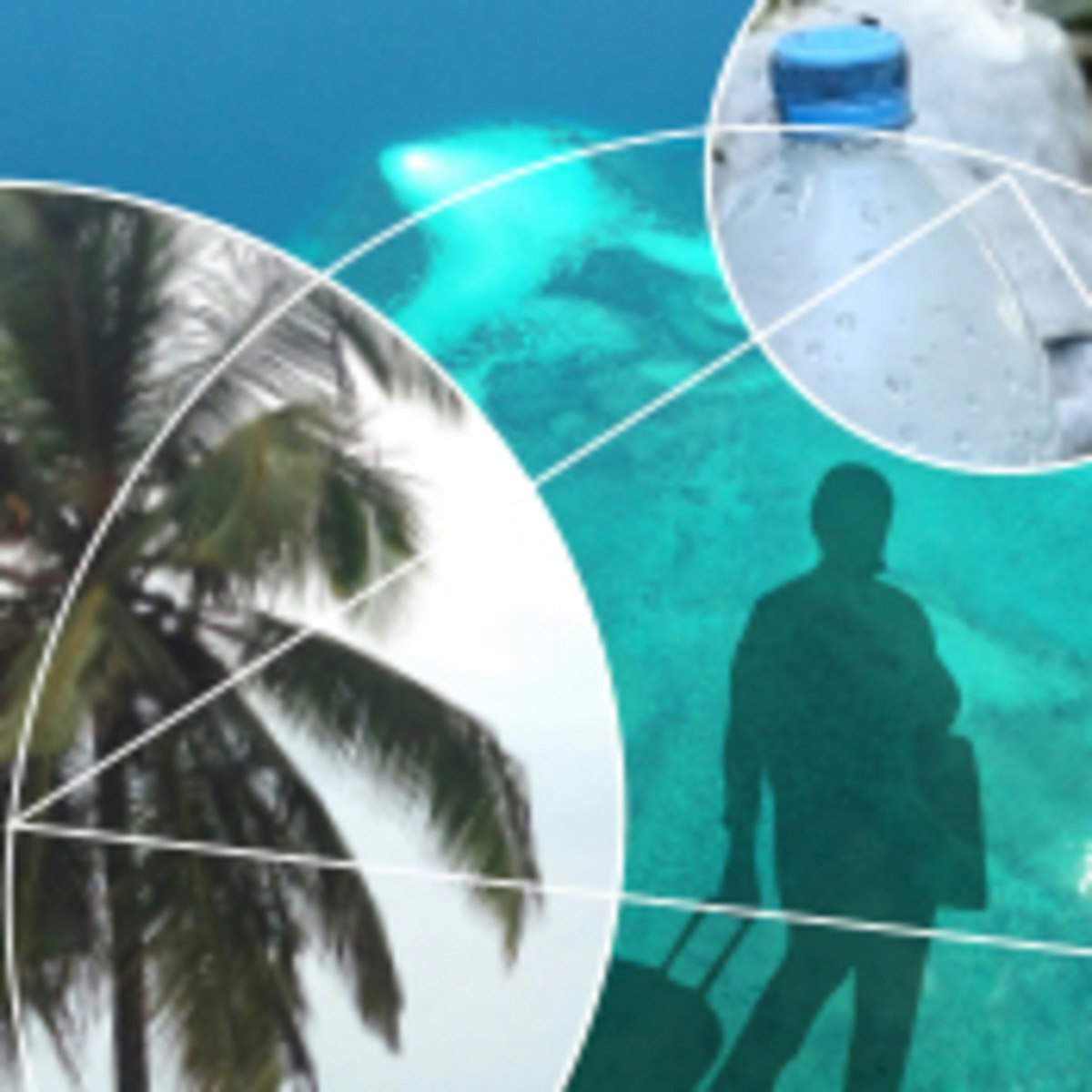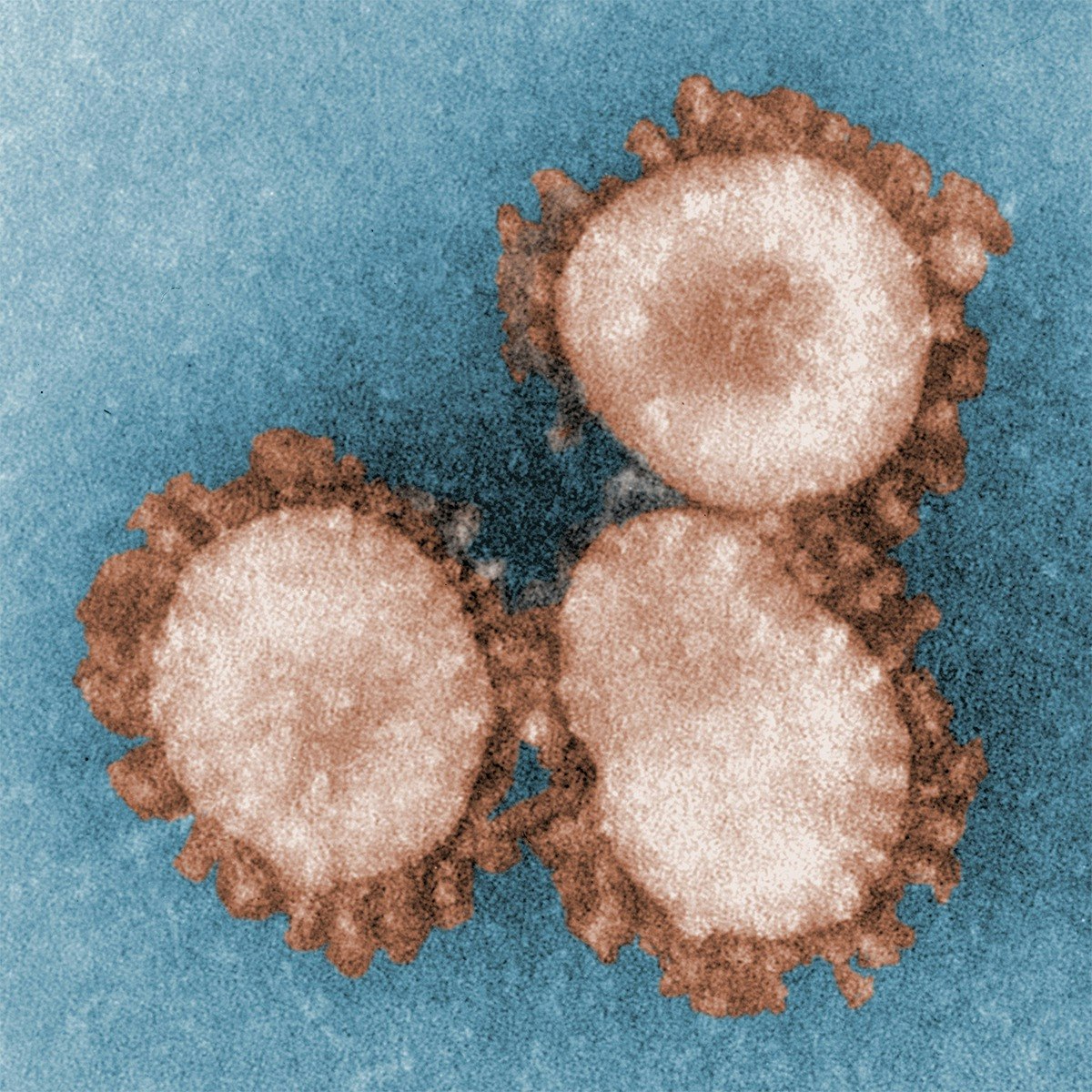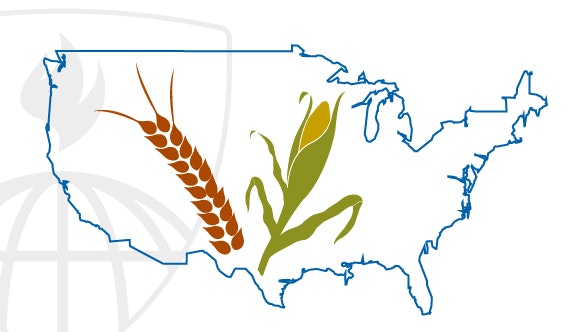Back to Courses









Life Sciences Courses - Page 50
Showing results 491-500 of 644

Cannabis, Mental Health, and Brain Disorders
This Cannabis, Mental Health, and Brain Disorders course is designed to have you think critically about the health effects of cannabis (i.e., marijuana) in the context of several mental health and neurocognitive disorders. You'll be able to identify key features of several anxiety disorders (e.g., panic disorder, generalized anxiety disorder, social anxiety disorder, PTSD), major depression, schizophrenia, multiple sclerosis, epilepsy, traumatic brain injury, and Alzheimer's and Parkinson's Disease. You'll understand the etiology and risk factors for these disorders, recognize conventional treatments, and understand the influence of different cannabinoids such as THC and CBD on these disorders. Obtaining this knowledge will be helpful in terms of informing public policy, public health, and personal decisions regarding the use of cannabis products.

Population Health: Health & Health Behaviour
In this introduction course on Health and Health Behaviour you will learn about the fundamentals of health psychology. What role does our behaviour, our cognitions and emotions, and our environment play in our health status?
We’ll start with unraveling health behavior, and quite quickly put this knowledge in the perspective of health care and dealing with illness. We’ll look at what is needed for people to cope with a disease and to keep up their quality of life as good as possible. How people can be optimally supported in their healthcare process, creating a collaboration between care providers and patients. Lastly we will see how all these pieces of a puzzle can be used in creating actual interventions in healthcare and what is essential to disseminate them in healthcare practice.
By following this course you'll get a better understanding of why we behave as we do and how this knowledge can be optimally used to improve health care!

Sustainable Tourism – promoting environmental public health
The MOOC introduces learners to key environmental health and natural resources management challenges associated with the rapid growth in international tourist arrivals into low-income countries. Since infrastructural and regulatory capacities in such countries are often limited they are more exposed to the negative implications of such development. The MOOC will present experiences and potential avenues to develop a more sustainable form of tourism.
The Course particularly focuses on the problems and potentials of tourism development in small island states in tropical and sub-tropical settings and highlights the challenges of such development on vulnerable ecosystems. It also highlights how tourism development in Zanzibar results in increased pressure on its marine environment, solid waste management, water resources and control of mosquitoes. These factors will be used as tracers of impacts and areas for future improvement towards a more sustainable form of tourism. Zanzibar will be in focus during this course and used as a case in order to exemplify how a massive increase of Tourism in a low income and resource poor setting, can increase the vulnerability of the local population.
The Course topics also relate to a number of targets under the global Sustainable Development Goals, especially:
Goals 3: “good health and well-being”
Goals 6: “clean water and sanitation”
Goals 14: “life below water”
Goals 17: “partnerships”.
Thus, the Course is a continuation of the efforts and discussions raised as part of the 2017 international year of sustainable tourism.
A diversity of perspectives and areas of expertise will be presented by researchers from the University of Copenhagen, State University of Zanzibar, representatives from the hotel sector and international experts in specific areas of sustainable tourism.

Foundations of Public Health Practice: Behaviour & Behaviour Change
The Health Protection course is the third instalment of the wider Foundations of Public Health Practice specialisation from Imperial College London's Global Master of Public Health (MPH). The scope and content of this course has been developed from the ground up by a combined team of academics and practitioners drawing on decades of real-world public health experience as well as deep academic knowledge. Through short video lectures, practitioner interviews and a wide range of interactive activities, learners will be immersed in the world of public health practice.
Designed for those new to the discipline, over three modules (intended for three weeks of learning), learners will become familiar with the scope, theory and implementation of behaviour change in the context of public health practice. The course begins by challenging learners about their preconceptions about healthy and unhealthy behaviour - seeking to contextualise these ideas within the broader public health approach (the first course of this specialisation). The course thereafter swiftly covers the origins of risk communication and behaviour change through the lens of health psychology and classical economics, before introducing ideas of bounded rationality and the genesis of behavioural insights and so-called Nudges. By the end of the course, learners will be fluent with their use of the Behaviour Change Wheel methodology of intervention development and the application of the COM-B framework to a range of target behaviours and behavioural barriers.
The subsequent courses of this specialisation will cover health protection before moving into the final (degree learner) course which where learners will focus on developing the core professional skillset that defines public health practitioners - whether in service or academia.

Virology and Epidemiology in the Time of COVID-19
This course covers the science and social impacts of viral infectious diseases. We will begin by covering the basics: what a virus is, the structural and functional diversity of viruses, and how viruses use our bodies and the bodies of other organisms to replicate. Then we will dive into the human response: how our immune systems work to protect us from pathogenic viruses and how we use science and social systems to fend off viruses through vaccines and public health measures. We will look closely at the COVID-19 pandemic, examining the emergence of the SARS-CoV-2 virus, the development of the vaccines, and how social and economic disparities influenced risk during the pandemic. Throughout the course, we will hear from experts in the fields of molecular biology, epidemiology, environmental biology, medicine, and public health to learn how technology and engineering solutions are helping scientists understand, track, and model viruses and disease outbreaks.

Survey Data Collection and Analytics Project (Capstone)
The Capstone Project offers qualified learners to the opportunity to apply their knowledge by analyzing and comparing multiple data sources on the same topic. Students will develop a research question, access and analyze relevant data, and critically examine the quality of each data source.
At the completion of this capstone, students will have demonstrated hands-on data analysis capability, evaluated the quality of different data sources using the Total Survey Error approach, involving at least some of the following: comparing weighted non-probability samples to data collected from probability samples, using sampling techniques to correct for coverage errors, and tracking and assess the ease of using an online questionnaire that you implement.

Introduction to User Experience Design
The focus of this course is to introduce the learner to User Experience (UX) Design
User Experience design is design that is user centered. The goal is to design artifacts that allow the users to meet their needs in the most effective efficient and satisfying manner. The course introduces the novice to a cycle of discovery and evaluation and a set of techniques that meet the user's needs.
This course is geared toward the novice. It is for learners that have heard about "user experience" or "user interface" design but don't really know much about these disciplines.
The course mantra is that “Design is a systematic and data driven process.” Design is systematic because it is based on a set of techniques and also on a cycle of discovery.
In this course the learner is introduced to the four step user interface design cycle. Along the way learners are exposed to a set of techniques to gather information about a) what the user needs b)how to design and model interfaces based on these and then how to evaluate the design to ascertain that the user's goals are met. These techniques are tools that are used in a standardized manner and give us the data we use in our design.
This means that anyone (regardless of their current training) that is willing to learn these techniques and follow the proposed cycle can be a UX designer!

The Horse Course: Introduction to Basic Care and Management
There are over 100 million horses, donkeys and mules in the world today and owners of these animals can be found on almost every continent and in almost every society. The Horse Course will cover many unique aspects of equine ownership and touch upon the science behind many of today’s management practices.

An Introduction to the U.S. Food System: Perspectives from Public Health
A food system encompasses the activities, people and resources involved in getting food from field to plate. Along the way, it intersects with aspects of public health, equity and the environment. In this course, we will provide a brief introduction to the U.S. food system and how food production practices and what we choose to eat impacts the world in which we live. We will discuss some key historical and political factors that have helped shape the current food system and consider alternative approaches from farm to fork. The course will be led by a team of faculty and staff from the Johns Hopkins Center for a Livable Future. Guest lecturers will include experts from a variety of disciplines, including public health, policy and agriculture.

Introduction to Enterprise Growth and Innovation
This course is best suited for individuals currently in the healthcare sector, as a provider, payer, or administrator. Individuals pursuing a career change to the healthcare sector may also be interested in this course.
The course explores the challenges and processes for harnessing technological innovation for new-business development, with special focus on digital healthcare transformation. You will gain an understanding of enterprise growth and innovation topics through readings, cases, and exercises, including learning how firms from different industries gain competitive advantage through distinctive products and services. The vast expertise of faculty combined with topic perspectives from the Mayo Clinic make this an engaging and unique course.
Upon successful completion of this course, you will be able to:
Identify the innovation challenges and opportunities faced by healthcare organizations in order to develop a fundamental framework for growth
Segment organizations’ opportunities for innovation and growth based on different types of external (patients) and internal users (staff), as well as by use cases (the diseases to be treated or managed, or the internal work processes to be performed)
Define the focus of an innovation for effective user-centered design
